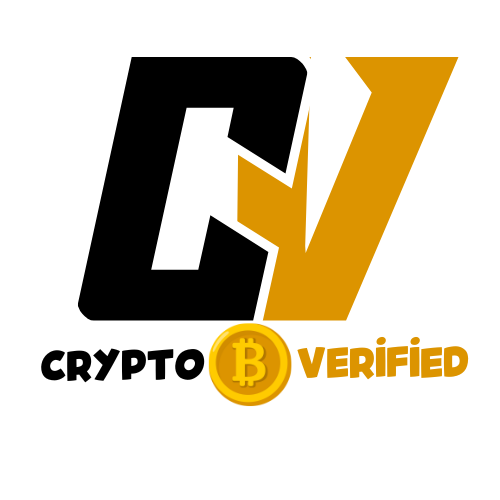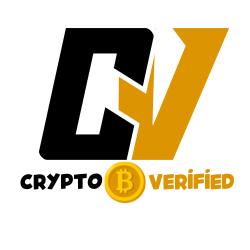If you’ve borrowed money from a digital loan app and missed your repayment, chances are you’ve received scary messages like:
“You’ll be arrested today if you don’t pay.”
“We’ve reported you to the EFCC and the police.”
“Prepare to face the law. Your name has been blacklisted.”
Let’s be clear from the start:
These are threats, not legal facts.
In this post, we’ll bust the myth of loan app arrests, explain what the law actually says in Nigeria, and show you how to protect yourself emotionally and legally.
⚖️ Is It a Crime to Owe Money in Nigeria?
No, it is not a crime to owe money in Nigeria.
Loan default is a civil matter, not a criminal offence. That means:
- You cannot be arrested or jailed just because you didn’t repay a loan.
- The police or EFCC have no right to come to your home on behalf of a loan app.
- Only a court of law can issue a judgment—and that takes time, legal representation, and due process.
✅ What Nigerian Law Actually Says:
Section 35(1) of the Nigerian Constitution guarantees that no person shall be deprived of liberty except in accordance with a court order or for a criminal offence.
Defaulting on a personal loan is not a criminal offence, unless fraud is proven in a court of law.
🚫 What Loan Apps Want You to Believe
Most loan apps use fear tactics like:
- Threatening arrest
- Sending fake legal letters
- Messaging your contacts with defamatory claims
- Claiming your name is “blacklisted” or “under investigation”
These are not official actions, and most of the apps doing this are not even licensed by the Central Bank of Nigeria.
To see a list of loan apps reported for harassment or listed by regulators, visit:
👉 Complete List of Aggressive Loan Apps in Nigeria (Updated Monthly)
🙅♀️ What Loan Apps Cannot Legally Do
Here’s a quick reality check:
| ❌ What They Can’t Do | ✅ The Truth |
|---|---|
| Arrest you for non-payment | Not possible under Nigerian civil law |
| Call the EFCC or Police | Bluffs—they have no access or authority |
| Jail you | Jail is for crimes, not debt |
| Contact your employer officially | Many try—but it’s illegal harassment |
| Access your BVN records | Only CBN-licensed institutions can do that |
If you’ve already received threats or defamatory messages, don’t panic. There are ways to defend yourself and protect your name.
👉 How to Craft a Disclaimer Message to Protect Your Contacts
🧠 Why They Use Fear
These apps know they can’t arrest you, so they resort to emotional and psychological warfare. They want to:
- Shame you
- Scare you into paying
- Make you panic before thinking
But when you stay calm and informed, their power disappears.
👉 Read: The Emotional Toll of Loan App Harassment—And How to Heal
💬 Real Example of a Harassment Message
“We’ve filed your case with the authorities. A warrant of arrest is being issued. Your picture will be shared publicly. Pay today or face the law.”
Truth: They cannot do this. It’s intimidation. Ignore and block.
If you want to see more examples and learn what to expect from these apps, visit:
👉 What Loan Apps Can and Can’t Do in Nigeria
🛡️ What to Do Instead
- Don’t Panic – Their threats are automated and empty.
- Block and Report Them – Use Truecaller, WhatsApp block, and Play Store reviews.
- Inform Your Contacts First – Take charge of your narrative with a well-written disclaimer.
- Report Them to the Authorities –
🔚 Final Word: Knowledge is Power
The real reason people give in to harassment is fear of the unknown.
But now you know:
You cannot be jailed for owing a loan.
No police officer is coming to arrest you.
These apps want your fear more than your money.
Stand your ground. Block them. Rebuild. And help others by sharing this truth.

